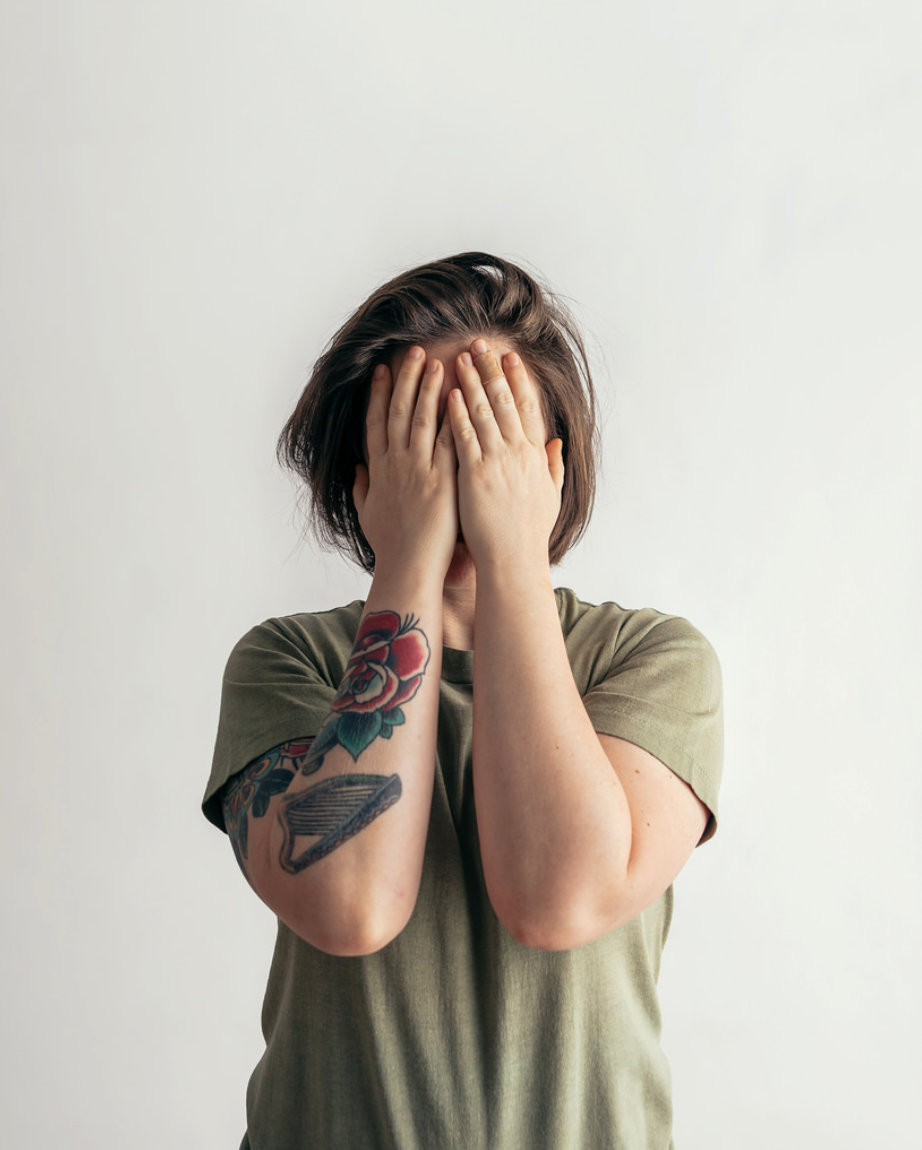Writing by Dani Leever // Photograph by Lauren Marek // Overcoming internalised misogyny is a process of unlearning. We’re taught to think one way, and it’s up to us to realise how harmful that is and begin thinking in another way.
Writing by Dani Leever // Photograph by Lauren Marek
 Internalised misogyny sucks. In our patriarchal society, women are constantly told to compare themselves to or pit themselves against other women. A lot of us are guilty of it—not because we genuinely believe in the inferiority of women, but because society has conditioned us to undervalue ourselves as women.
Internalised misogyny sucks. In our patriarchal society, women are constantly told to compare themselves to or pit themselves against other women. A lot of us are guilty of it—not because we genuinely believe in the inferiority of women, but because society has conditioned us to undervalue ourselves as women.
Overcoming internalised misogyny is a process of unlearning. We’re taught to think one way, and it’s up to us to realise how harmful that is and begin thinking in another way.
When I look back on my life, especially my years in high school, I cringe at the ways my internalised misogyny manifested. I feel horrible about it. But, I am forthcoming, accountable, and patient with myself in knowing that as a woman, society wanted me to dismiss and criticise other women. However, with the power of intersectional feminism, I’m now unlearning that.
The first step is to recognise the harmful ways internalised misogyny can manifest. Here are some examples of what to watch out for in yourself and others.
Saying, “I’m not like other girls.”
This phrase is seeped in internalised misogyny. Often coming before phrases that dismiss and criticise stereotypically feminine qualities, this essentially says that being different from “other girls” is desirable, because most girls must be inferior in some way. We’re dismissing being a “typical” girl as a bad thing. We should want to be like other girls. Girls are the best!
Being overly critical of successful women.
How many times have you hear people say they don’t like a female celebrity—for example, let’s say Anne Hathaway—because “she’s just annoying. She’s full of herself. I don’t like her.” I’m not saying that you have to like every single woman, but be wary of phrases like this. The media can present self-assured, confident, and successful women in an incredibly unflattering light to send a message that women should be passive, docile, and submissive.
Shaming women for their sexual experiences.
Slut-shaming is a huge way that both misogyny and internalised misogyny manifest. By criticising a friend or female peer on an aspect of their sexuality—such as the number of partners they’ve had, for sending sexts or nude photos, for watching porn, or for having casual sex—it’s directly feeding into the idea that women lose value every time they have sex. Essentially, that women must not respect themselves if they choose to act on the human desire to have sex. It ties back to this trope of the virgin woman being the most pure and valuable.
Screw that. Be a slut, do what you want!
Being ashamed or shaming others for sensitive qualities.
Women have historically been seen as irrational and over-emotional, unable to make decisions, and a whole other trope of harmful stereotypes. Firstly, the gender binary is bullshit and these ideas feed into a post-colonial and capitalist understanding of gender. Secondly, criticising women or yourself for letting your emotions come into play at all comes from the idea that the more historically masculine qualities of rational, unemotional distance is inherently better. That whenever women are seen to show emotion they’re deemed “hysterical” is so disgustingly harmful. Crying is a power move. Embrace whatever emotion you choose to display.
“Real women ____”
I hate sentences that start like this. To state that real women have curves, have vaginas, have children, and all the other horrible things people say is so simplistic, harmful, transphobic, and misogynistic. Women come in all different shapes, sizes, and appearances, and each one of them should be celebrated.
Similarly, “In a world of Kardashians, be a ____”
Look, I’ve never kept up with the Kardashians, but my blood absolutely boils when they are overly-criticised for taking pride in how they look, being “famous for no reason” (sorry, but they have their own empire), and being “air-headed”. I hate that arguably some the most famous women alive are dismissed for being too sexual or feminine. Badmouthing the Kardashians is boring. In a world of Kardashians, be whoever you want and don’t let internalised misogyny pit you against other women.
There are countless other ways that internalised misogyny can manifest, but these are the ones that are most common in my daily life.
Instead of feeling guilt for ways that you’ve displayed internalised misogyny, feel accountable and understand that you have to challenge your conditioned beliefs to move forward.
In short, lift all female, non-binary and gender-non-confirming friends and babes up, because they’re all kickass and powerful.






